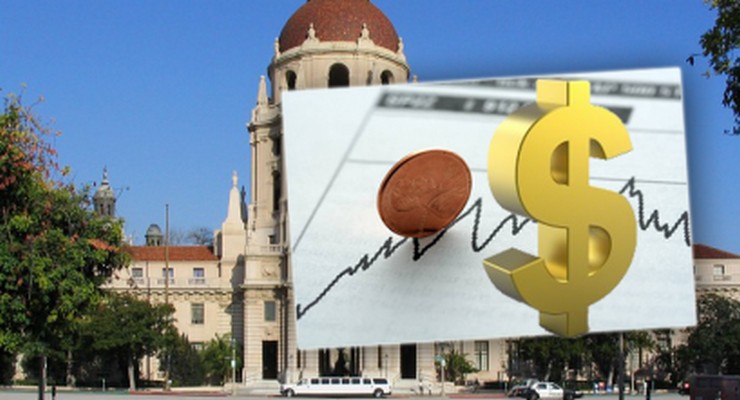
The Charter Reform Study Task Force is set to discuss issues that could change local elections in the coming months.
The task force will discuss term limits and vacancies and special elections on Feb. 7, the timing of the mayoral elections on Feb. 22, City Council compensation on March 14, and campaign contribution limits on March 28.
The city’s charter serves as a local constitution and can only be changed by Pasadena voters.
Several charter reform issues are scheduled for the November ballot, and these issues could reshape Pasadena politics.
“There are some very basic reforms that have overwhelming support in the community, and I hear from residents about them all the time (e.g., setting term limits and lowering our campaign contribution limit from $5,500),” said Councilmember Jess Rivas, who announced the meetings in her newsletter. “This is everyone’s opportunity to chime in so that those issues can be put on the ballot, which is the only way to amend our charter.”
Currently, Councilmembers serve without term limits but must seek reelection every four years.
Term limits have been debated since 1783 when the nation’s first president, George Washington, announced he would not seek a third term.
Supporters of term limits argue they eliminate unresponsive career politicians, reduce corruption, and give challengers seeking office a better chance against incumbents.
Opponents contend that term limits lead to inexperienced politicians, thereby resulting in less effective representation.
The task force will also discuss the charter mandate appointment process used to fill vacant seats.
According to the city charter, the City Council is required to select council members and the mayor if the current elected official cannot complete their term.
The City Council has used the process several times to fill seats vacated by council members to run for higher office.
The process was most recently used to appoint Jess Rivas in 2021, who successfully ran for office in 2022, and Justin Jones in 2022.
However, after the City Council appointed Jones to fill the District 3 seat after John Kennedy’s death, some people began to criticize the process.
Several Councilmembers also said they would prefer a special election but cited the charter.
The timing of mayoral elections has been discussed intermittently for several years. The current election allows an advantage for council members in districts 3, 5, and 7.
The mayoral election is held in years when those seats are not contested, allowing those elected officials to run for mayor without the risk of losing their council seat if they lose.
Councilmembers in districts 1, 2, 4, and 6 must step down before entering the mayor’s race because elections in those districts are held concurrently with the mayoral election.
Candidates cannot appear on the ballot twice.
One solution could be a six-year mayoral term allowing the mayor to be elected during the district 3, 5, and 7 cycle and run again during the district 1, 2, 4, and 6 election cycle.
City Council currently receives a $1,700 monthly stipend.
Some local residents believe the stipend provides an unfair advantage to wealthier candidates, while low-income residents may have to work two jobs.
According to Comparably, a website that offers equity information on pay, including salary comparison, the national average City Council member salary is $144,342.
Finally, campaign contribution limits have been a contentious topic locally for several years.
Historically, the city had no limits on campaign donations.
When the issue arose in 2021 ahead of a law limiting contributions to $5,500, the city discussed the issue but took no action, and the $5,500 limit is now the city’s limit.
Locals argue that campaign limits would make it easier to defeat incumbents.
The meetings begin at 6 p.m. and are held in the City Council chambers.














 6 comments
6 comments


